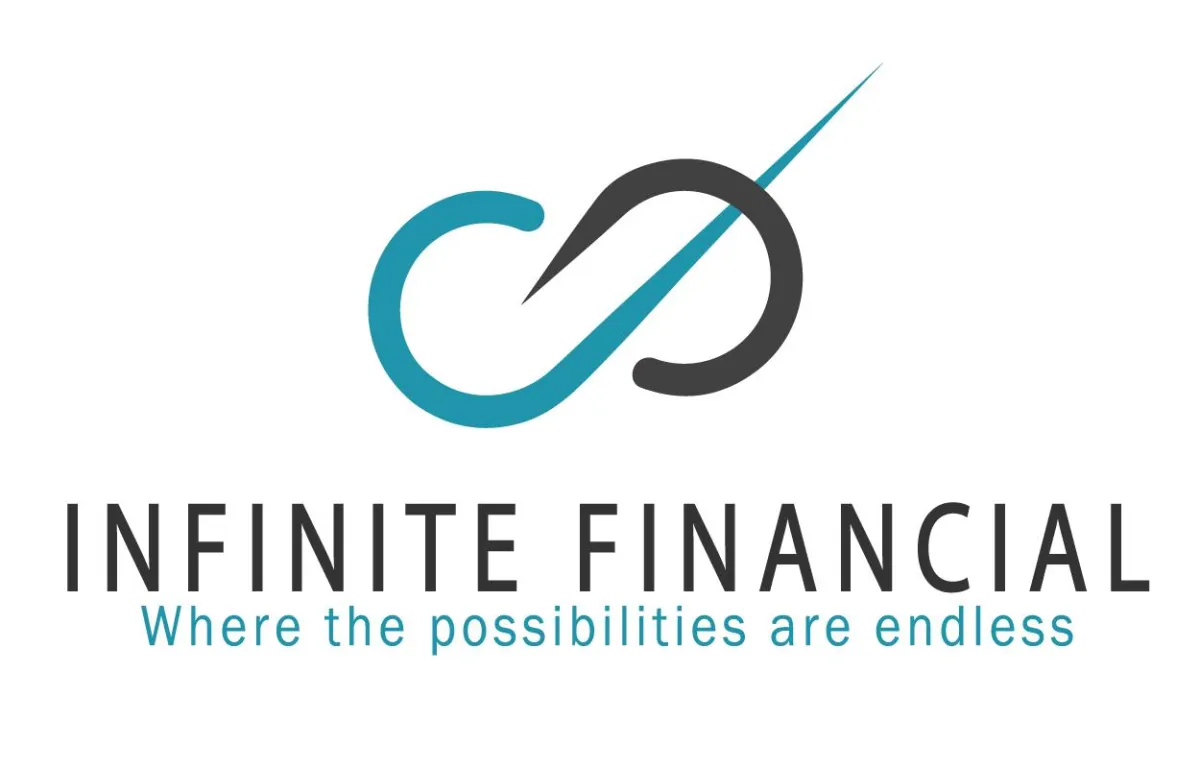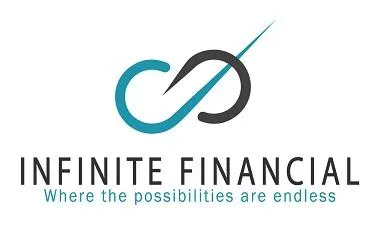Portfolio Loans

What is Portfolio Loans?
A portfolio loan is a type of loan that is not sold to a third-party investor but instead, it is held by the lender in their own investment portfolio. This allows the lender to have more flexibility in setting their own underwriting standards and requirements, making it a good option for borrowers who may not meet the strict requirements of traditional loans.
However, portfolio loans may have higher interest rates and fees due to the increased risk taken on by the lender.
Who Is Eligible for Portfolio Loans?
1
Rules for portfolio loans vary depending on the lender, as they are not backed by government-sponsored entities and the lender sets their own underwriting standards. In the case of portfolio loans, the lender typically retains the loan in their own portfolio rather than selling it to secondary market investors. This provides more flexibility in terms of loan terms, interest rates, and approval criteria. Portfolio loans are often customized to meet the unique needs of individual borrowers. This may include more lenient credit score requirements, higher debt-to-income ratios, or alternative documentation for income verification.
Features
Held by the lender
A portfolio loan is held by the lender in their own investment portfolio, rather than being sold to a third-party investor.
Flexible underwriting standards
Because portfolio loans are not backed by government-sponsored entities and the lender assumes the risk, they may have more flexible underwriting standards and requirements compared to traditional loans.
Customizable terms
Since the lender sets their own underwriting standards and requirements, borrowers may be able to negotiate certain aspects of the loan, such as the interest rate or repayment terms, to better fit their financial situation.


